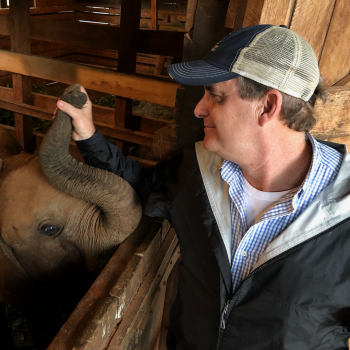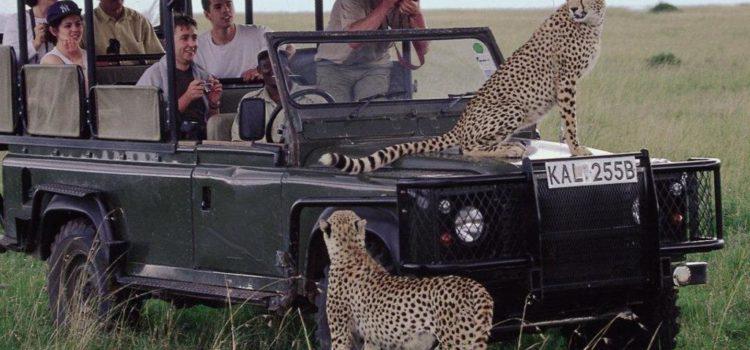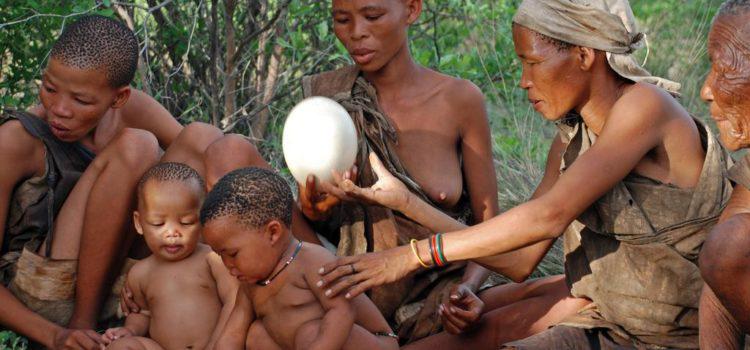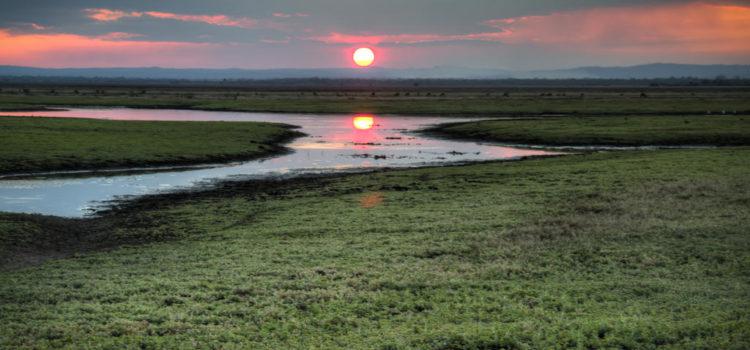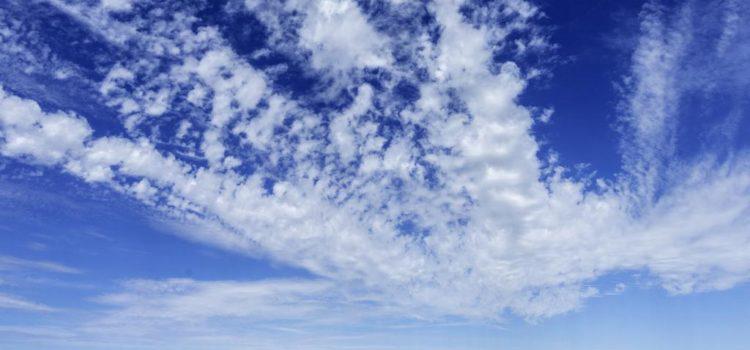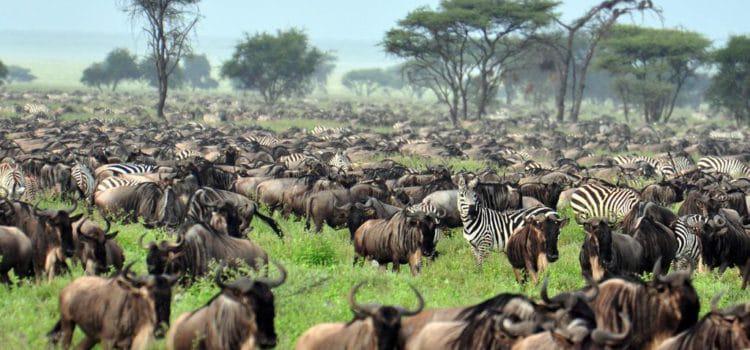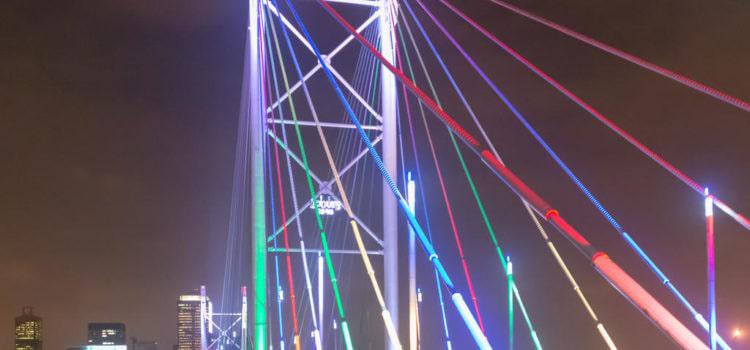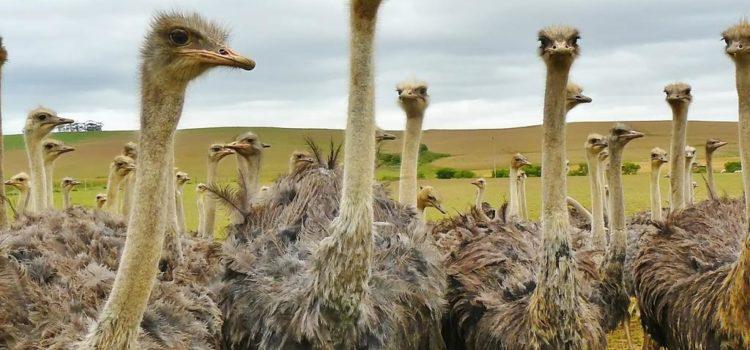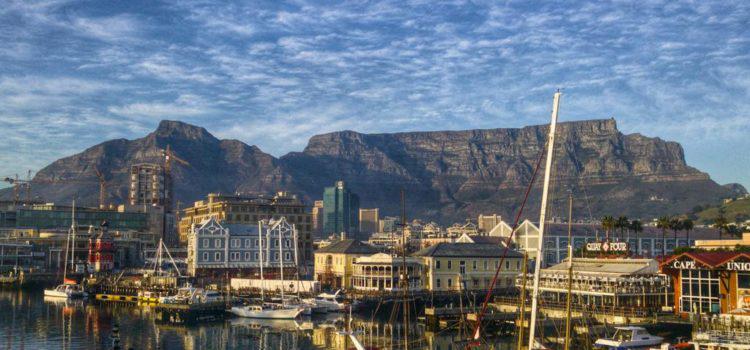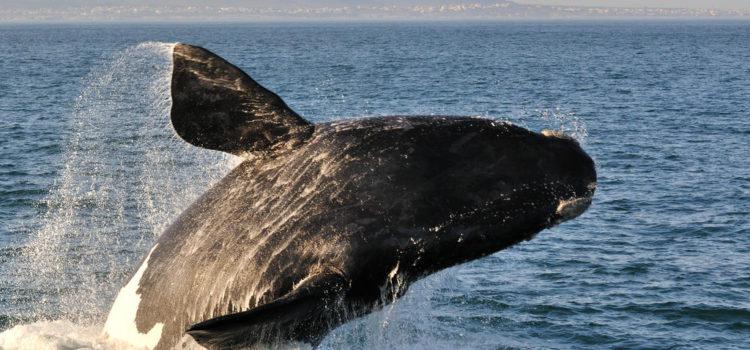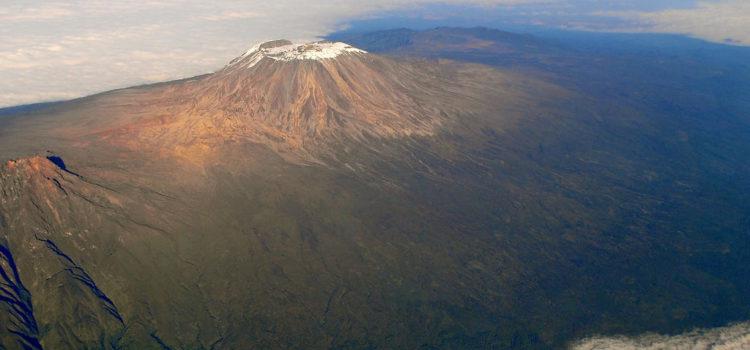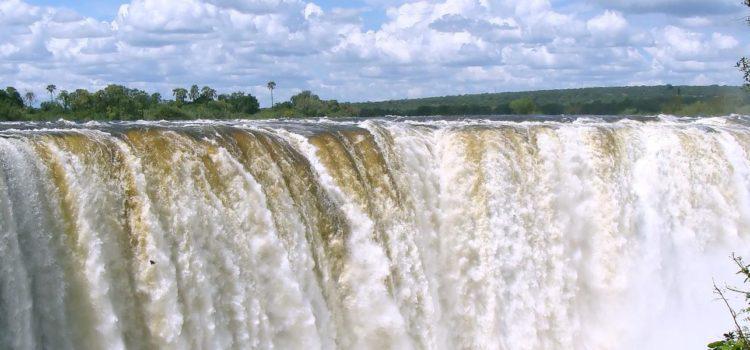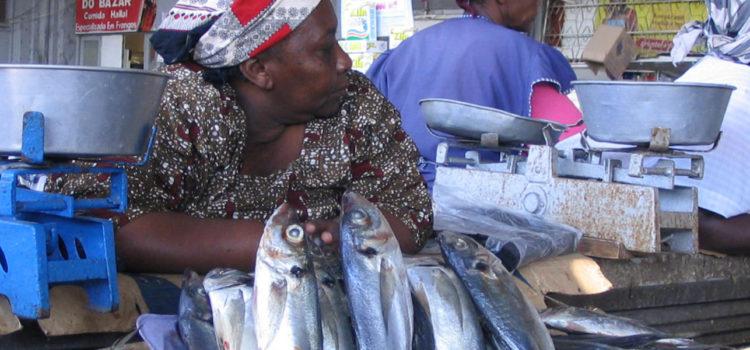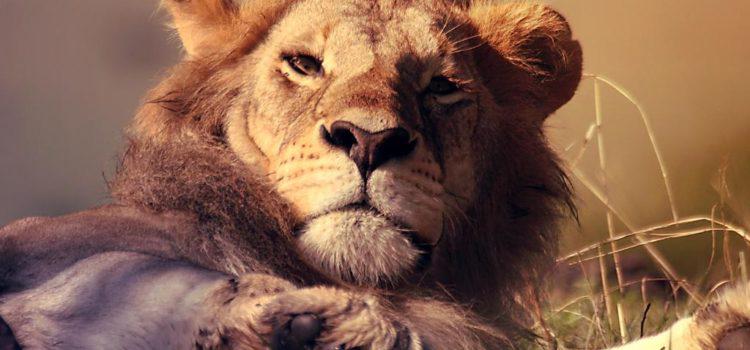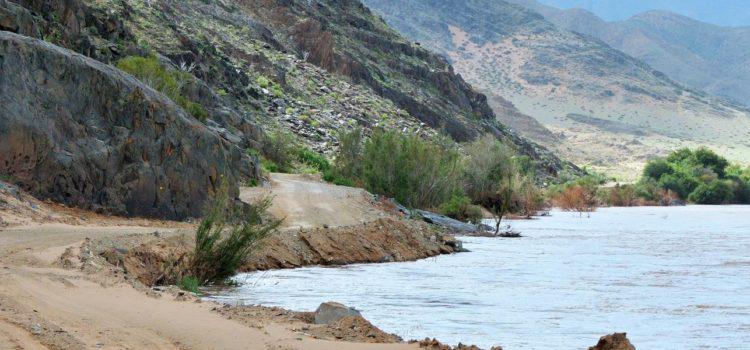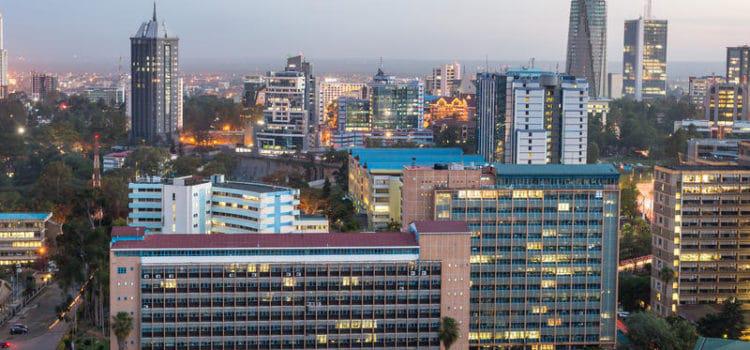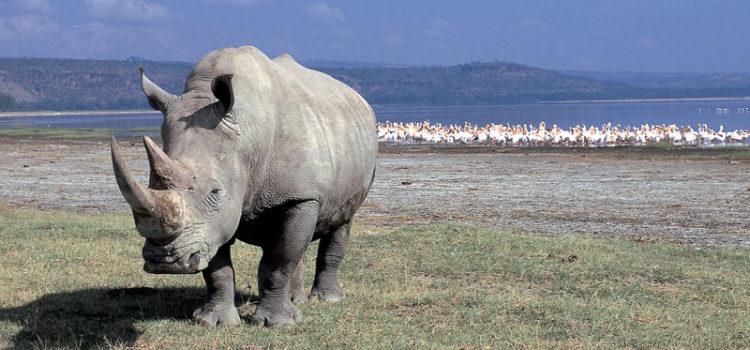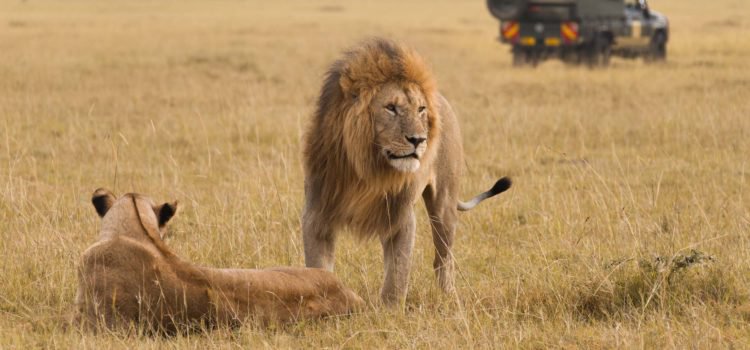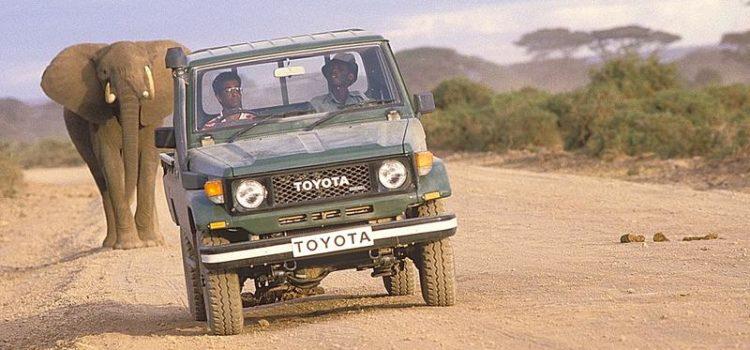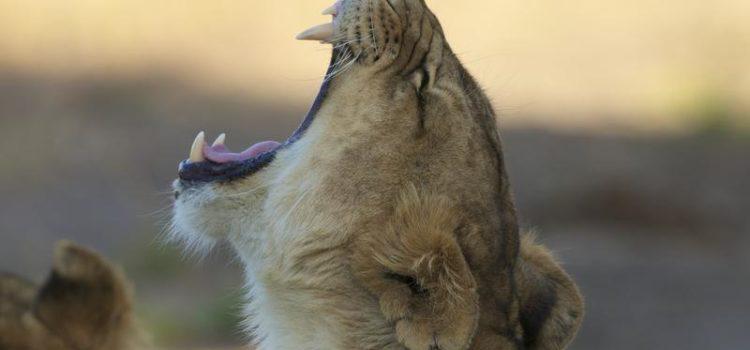Summary
Map
Full Day by Day Itinerary
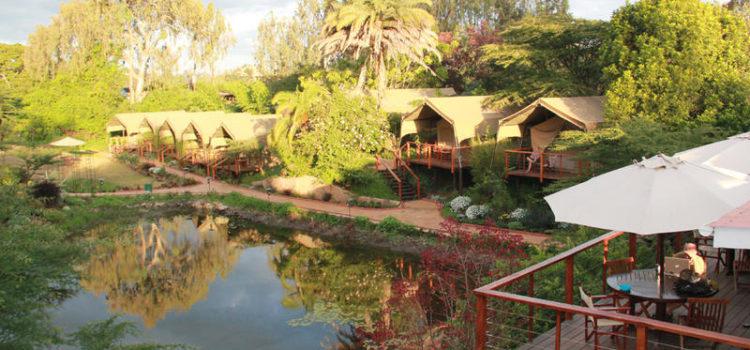
Day 1
Upon evening arrival at the Jomo Kenyatta International Airport (JKIA), you will be welcomed and transferred in an 18 seater bus to Wildebeest Eco Camp (a 30-minute journey) for the night. After freshening up and settling in, a traditional Kenyan dinner will be served followed by a relaxed evening of getting to know one another. Your group leaders will use this time to also welcome, brief and orientate you. Board games available from the bar if games are the order of play or just relax and share some stories around the fire.
Nairobi
Nairobi is Africa’s 4th largest city and is a vibrant and exciting place. Although it has developed a reputation which keeps tourist visits brief, there are some fascinating attractions: as well as the places you are visiting, its café culture, unbridled nightlife, the National Museum, the Karen Blixen Museum and most notably just 20 minutes from the city center wild lions and buffalo roam in the world’s only urban game reserve.
Wildebeest Eco Camp
Wildebeest Eco Camp is a conveniently positioned ‘eco camp’ in the beautiful Karen/Langata suburb of Nairobi. It consists of green lush gardens, a lovely swimming pool and a large selection of attractively & simply decorated accommodation. You will be staying in a dormitory tent. Here, it is possible to enjoy the best of both worlds, being close to major tourist attractions, museums, art galleries and shops including The Galleria Shopping Center as well as The David Sheldrick Wildlife Trust, The Giraffe Center and Nairobi National Park.
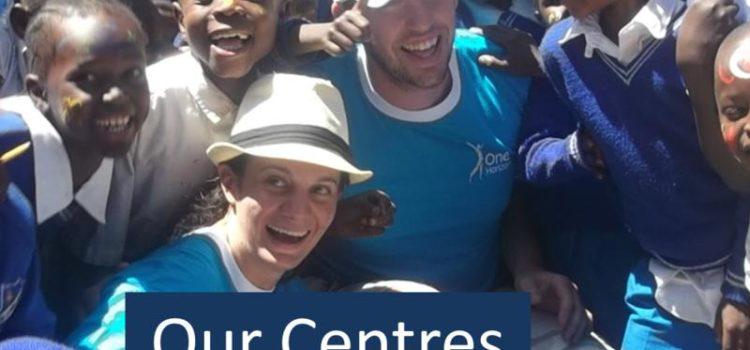
Day 2
One Horizon Community Center, Nairobi (Giving back to the community)
After a good night sleep and breakfast, depart from Wildebeest Eco Camp for the One Horizon Community Center where you will spend the whole day and night with the girls.
One Horizon is a humanitarian aid organization with over 20 center’s in Kenya which include rescue center’s for abused and abandoned street children (boys & girls), retraining and rehabilitation center’s for abused women, a variety of crèches and schools in slum communities ranging from 30 to 300 students, sporting center’s (principally soccer clubs) where they implement the outreach programs, orphanages where children are domiciled and aged care center’s for abandoned older citizens. Within the centers they undertake a variety of projects in relation to working to overcome poverty and these include nutrition and health programs, clean water and sanitation programs, education programs for school children that follow the Kenyan Education System (all their schools are accredited with the government), vocational re-training programs for women, small business programs (chicken farming, seamstress programs and jewelry and artifact programs, providing libraries and education programs on health and cleanliness for the children in the community. www.onehorizon.net
One Horizon program includes:
Arrival day at One Horizon:
9.00 Pick up from the hotel and an overview is provided at the hotel prior to departure. The overview establishes:
• Objectives and purpose of the visit
• Information around the center to be visited and the residents of the center in regard to:
Background of the students
Family relationships with Kenya specifically and how these have impacted on the residents
The cultural background of the residents (there are 47 different ethnic groups within Kenya). Each ethnic group has a distinct culture each with totally different language and customs. Swahili is the designated language common to all groups.
• Expectations of management in terms of visitor requirements to ensure a happy fruitful visit
9.30 Depart for the center via Eastlands. Eastlands is the poorest geographic region with the highest population density and is in itself an insight into the life of the average Kenyan where GDP is approximately $1,300 per year. High unemployment impacts the population and traveling through Eastlands reveals the inventiveness of Kenyans.
10.15 – 11.00 Arrive at the center and get a brief tour of its environs as well as introduction to the Center Manager, staff and resident students. Visitors are shown to their dormitories where they are allocated a ‘bed’ and mosquito net.
11.00 – 12.30 Allocation of tasks in relation to the preparation of lunch for all residents and guests. As the kitchen is in the open air, food preparation includes the preparation of vegetables and rice.
12.30 – 1.30 The youngest children are organized by the older residents and guests to ‘wash their hands’ prior to lunch. Lunch is served by a combination of the guests and residents and the youngest residents are served first. As lunch continues a number of our guests will help feed the youngest toddlers to ensure that they receive adequate food.
1.30 – 3.00 ACTIVITY – INTRODUCTION TO LIFE IN KENYA
The resident students and visitors are organized into a series of focus groups where information on life in Kenya is explored with the guests. This is facilitated by the centers social workers and generally it involves an explanation of everyday life of the children and how they respond to life’s challenges. These focus groups are managed by One Horizon staff who are all trained social workers. This is because cultural nuances and differences have to be navigated carefully. The guests will find this a fascinating insight into life in a third world, African country.
3.00 – 3.30 Tea and bread is taken as an afternoon treat for the resident students and an insight into hospitality in Kenya.
3.30 – 5.30 TEAM BUILDING ACTIVITY – PAINTING A COLLAGE
This is an activity that is designed by our social workers as it is part Art Therapy for the students. 50% of the resident students have been the subject of sexual and emotional abuse and the collage and art therapy work is an important part of their rehabilitation process. The guest students could also add to the collage. The theme of the collage is ‘My Life’.
5.30 – 7.30 Preparation for dinner. The resident students and guests are divided into groups for the preparation of dinner. Dinner is served by the older resident students and guests to the youngest members. Clean up and washing is done after dinner.
7.30 – 8.30 The younger students are prepared for bed by the older students. This involves giving the younger children a ‘wash’ via a bucket of water.
8.30 – 9.30 The older students prepare for lights out at 9.30.
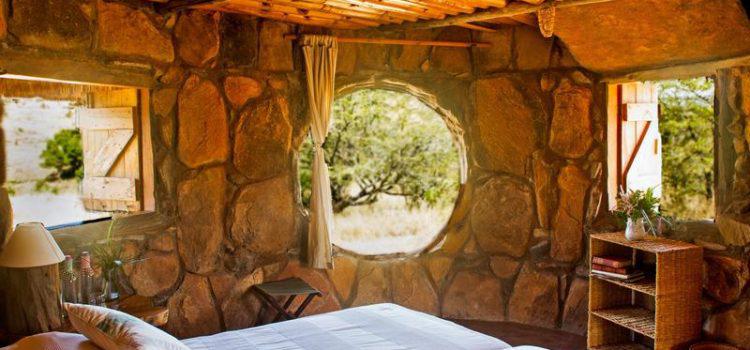
Day 3
Departure day from One Horizon:
7.00 – 8.30 Resident students and guests rise for prepare for breakfast. Younger students are served by the older resident students and guests.
8.30 – 9.00 Resident students and guests prepare for the rest of the day, beds are made and ‘wash up’ occurs.
9.00 – 11.00 TEAM BUILDING ACTIVITY – GAMES ACTIVITY
An essential part of the resident student’s health regime, is the GAME morning that consists of:
• A series of group and individual games that the resident students take part in. Physical exercise for the resident students is an important part of their health regime and hence is conducted every 2 days
• It is envisioned that inter group teams will be formed (these will consist of resident students and guests) who will compete for a ‘trophy’ that will be part of the activity. If the activity continues in future years, then it could become a ‘perpetual’ trophy.
11.00 – 12.30 Allocation of a tasks in relation to the preparation of lunch for all residents and guests. As the kitchen is in the open air, food preparation includes the preparation of vegetables and rice.
12.30 – 1.30 The youngest children are organized by the older residents and guests to ‘wash their hands’ prior to lunch. Lunch is served by a combination of the guests and residents and the youngest residents are served first. As lunch continues a number of our guests will help feed the youngest toddlers to ensure that they receive adequate food.
1.30 – 3.00 TEAM BUILDING ACTIVITY – DANCE COMPETITION
A dance competition is held regularly where the resident students show their prowess dancing. This is an enthusiastic competition because of the importance of dance in most African cultures. It is envisaged that the resident students and guests could take part in the dance off where all the students show their appreciation for the dancers to get down to a final ‘dance off’. Presentation of trophies and prizes.
3.30 Our guests depart the center
Please note:
• We provide 40-50 images as well as video clips to our guests as we do not permit third party images to be taken. This is because most of the children have been sexually and or emotionally abused and our charter is to protect the children at all costs
• Our activities are conducted by trained Kenyan social workers and counselors. Hence we do not allow third party or untrained facilitators to conduct our activities because we believe our facilitators must have an understanding and knowledge of the cultural, social and environmental aspects of our children
• We provide separate and secure dormitories for both boys and girls. In addition to a house master and mistress for each dormitory, there is security staff posted on each dormitory to ensure that all occupants do not leave their dormitories. There is a separate toilet block in each dormitory
• The activities and feedback from our guests is always positive, but cultural sensitivity is required. All the resident students are stable and growing children who are navigating their future without parents or family, but they have had very difficult lives. The center is their family of which they are very proud occupants. It is not institutional life as it is often perceived in the west but seen as an opportunity for a better life. Hence we value guests who come to learn about a different life which has rich and rewarding as their own.
You will be joined by expert guide Andreas Fox and depart for El Karama by road (5 hours’ scenic drive). There will a brief stopover in the farming town of Nanyuki and a visit the vibrant local market (a Shukka will be presented to each participant by a community member) before proceeding to the lodge in time for lunch. Each day has been designed with super activities to learn, accomplish and experience. On the first afternoon, you will experience your first game drive to see wildlife living in the wild, as you should!!!, then stop for an evening sundowner at a scenic point to enjoy your first true African sunset. We will give a talk on the extensive research on the resident wild dogs arranged by El Karama, which we hope you will see for yourselves (they are not in a position to take payment for their time, but may request a donation toward their project).
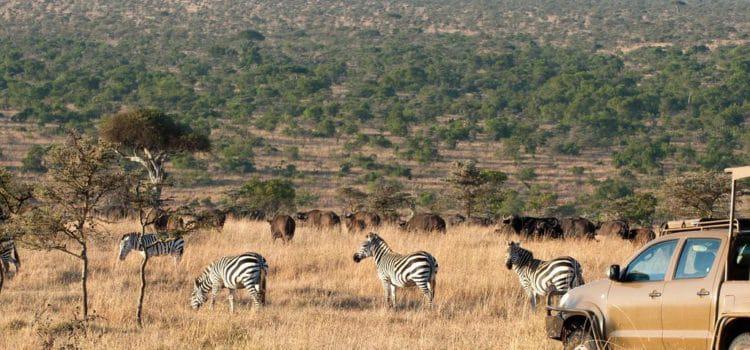
Day 4
El Karama Eco lodge
El Karama is situated centrally within Laikipia District, in the 40,000 square km Ewaso ecosystem that boasts more diversity of fauna and flora than any other region in Kenya. El Karama Eco Lodge is based on a private 14,000 acres where conservation is a primary concern. They offer an intimate wilderness experience for the wildlife connoisseur. El Karama offers accommodation for up to 20 people in permanent ‘bandas’ and two tents that sleep up to 4 people. The bandas are situated at a safe distance from the river’s edge and look across to a salt lick where wildlife often congregates in the early morning and evening. Each banda has its own veranda for reading and star gazing. All guests are provided with storm lanterns to compliment the fixed eco-friendly LED lighting.
http://www.laikipiasafaris.com/
Laikipia
Set against the backdrop of Mt Kenya, Laikipia offers dramatic rocky scenery, open grasslands, basalt hills and dense forests, it is indeed physically diverse and holds the second largest density of wildlife in Kenya after the Masai Mara!
The majority of the conservation occurs on privately and community owned areas centered round the Laikipia National Reserve. Many of the private reserves run wildlife safaris and you can experience conservation that includes, rather than excludes, people going about their day to day lives. Many of the lodges are family homes and despite this domesticity the wildlife includes spectacular game like lion, leopard, buffalo and elephant as well as terribly rare species such as the black rhino and Grevy’s zebra.
(Education/ research – camera trapping and data review, eco-tourism study, Q&A)
This day will be all about wildlife and nature. We will show you the wildlife that roam free, please study its behavior and patterns. Feel free to start ticking off your bird and mammal sightings on the checklists provided. A game/bird walk will include a wildlife tracking exercise (such as spoor casting) and a game drive will include a camera trap session with a review of the images captured being discussed. Impromptu discussions will follow after game encounters/ sightings and may also include game drives to investigate wildlife activity near camp (Lions roaring, alarm calls etc). The evening will be set aside to learn about "the environmental impact of tourism". Enjoy evening discussion topics such as environmental impact & eco tourism. Sophie (the owner plus a Cambridge graduate (MA Honors) and Bronze level Kenya Professional Guide) will do a question and answer session about eco-tourism in Kenya. For the few lucky ones who were paying attention, a gift awaits!!!
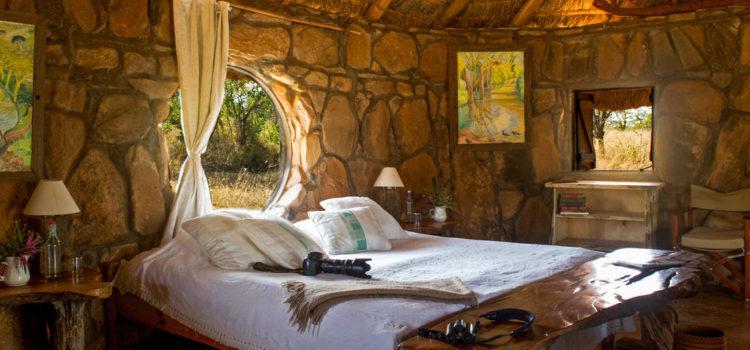
Day 5
(Adventure – sleep out under the stars)
We will make our way to nearby Ngare Ndere Forest which offers a complete contrast to what you have been experiencing so far. The forest is reached by vehicle. On arrival at the forest, you will be met by a ranger who will guide you along a track to a glorious natural pool filled by a waterfall. Guests can bathe and the daring can leap from the top of the waterfall! After a bracing swim you will be driven through the forest to the elevated canopy walkway. 80 feet high, this wood and wire suspension bridge extends for about 400m through the forest tree canopy. The walkway ends at a wooden deck 30ft high, where you will be able to relax and enjoy a view of the river from this elevated vantage point. Elephants and buffalo frequently come here to drink and wallow. Guests can relax after the exertions of the morning, before returning back to El Karama Lodge for an overnight. Upon return to the lodge, the group will be split and one group will head off for a simple but great fun fly camping night under the stars (including a short lecture on stars and constellations); sleeping on roll mats in lovely warm bedding by an open trickle fire … with an askari/guide to watch over the group.
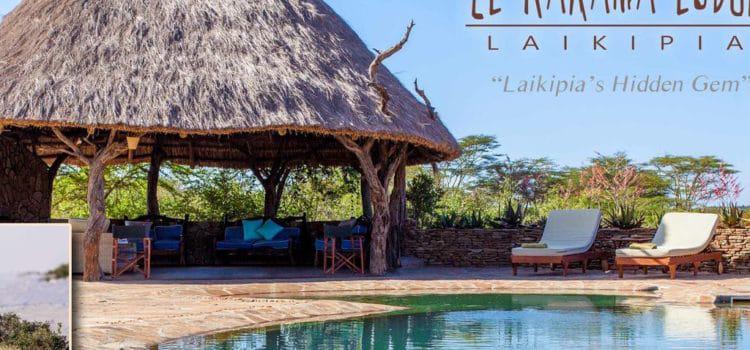
Day 6
(Adventure – mountain hike)
Today is all about hiking…about 30km north and shrouded in Samburu folklore, is the massive mesa of Ol Lolokwe. A tough, but rewarding day hike (five hours to summit) and, at sunset, light radiating off its rusty bluffs is seen for miles around. The mountain is renowned for its raptors and has Kenya's highest population of Ruppell’s vultures. A sight to behold! It’s now managed by the Namunyak Wildlife Conservation Trust, a locally run, community based conservation effort. The group that did not do the fly camping the previous day will have an opportunity to do so this evening, while the other group enjoys the evening back at camp.

Day 7
(Giving back to conservation – the Chimpanzee Sanctuary)
After breakfast, you will be transferred by road to the nearby Ol Pejeta Conservancy and check into The Stables accommodation. While in Ol Pejeta, you will be taken through conservation activities including visiting the Chimpanzee sanctuary, the Morani information center (and see the extremely rare Northern White Rhino!!!!). At the Chimpanzee Sanctuary, students help with fence inspection. They learn that chimpanzees use dry wood to escape through the electric fence, and so they are also tasked with collecting any wood they find on the way. Time to settle in be orientated with the lay of the land, the conservancy etc.
*** Walking on the plains of Ol Pejeta Conservancy guests will enjoy a unique game viewing perspective whilst being given a brief insight into what it takes to be an Ol Pejeta ranger. Accompanied by one of our experienced armed rangers, this interpretive walk brings you up close and personal with the sights, smells and sounds of the African bush.
The Stables, Ol Pejeta
The Stables offers basic but comfortable accommodation facilities. With a full board nightly fee that includes breakfast, lunch (Kenyan style) and dinner, as well as teas and coffees throughout the day. We supply boiled water for drinking and there is fridge available to residents for their own drinks. Each room has a single bed with mosquito net, clothes hanger, power socket, chair and laundry basket. Bathrooms are shared at the Stables. Our staff are more than happy to assist with laundry – USD 5 per bucket and carried out on Thursdays only – (but no ironing). Washing powder is provided to you for undergarments. The Stables runs on generator power only, and this operates from 7am – 1pm and 2pm – 11pm, so please bring torches and headlamps.
http://www.olpejetaconservancy.org/plan-your-visit/escapes/the-stables/

Day 8
(Giving back to conservation – endangered local wildlife populations)
We have an array of activities lined up and today you will focus on Endangered Species Enclosure…. Since 2009, Ol Pejeta Conservancy has been home to some of the world’s last remaining northern white rhinos. There are now only 3 left in the world. Guests have a once in a lifetime opportunity to come face to face with the animals and hear their amazing story. The 700-acre endangered species enclosure also protects small populations of Grevy’s zebra and the Jackson’s hartebeest. In the Endangered Species Enclosure, young learners help with the daily care e.g. enclosure cleaning of the northern white rhinos. In doing so, you will learn about the plight of the northern whites, and what is being done to save this subspecies.

Day 9
(Lion research)
Guests will have a unique opportunity to learn about and track the lions of Ol Pejeta Conservancy and contribute towards conservation efforts. It is a great way to learn about lions and all of the information gathered is passed on to the Ol Pejeta Ecological Monitoring Department. Guests will remain in the vehicle at all times. A night game drive offers guests an opportunity to discover Ol Pejeta Conservancy ‘after hours’. With the help of a spotlight, the drives can produce some unusual sightings of nocturnal animals.
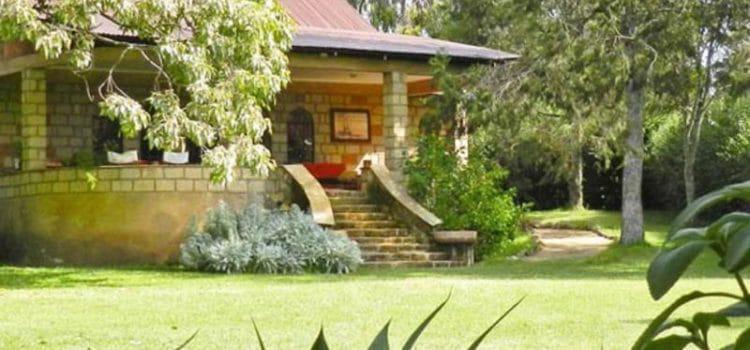
Day 10
Depart in the morning after breakfast for a 5 hours’ scenic drive to arrive at Kembu Cottages on the outskirts of Nakuru … and settle in. Guide and friend Andreas Fox will bid goodbye and hand over to renowned expert guide Andrew Nightingale. You will cook your own food here, relax in the beautiful trees and grassy highlands and have a general look around the Great Rift Valley. As you enjoy your meal, you will get a briefing on your stay here and a talk about what you are going to experience and about Andrew Nightingale himself.
Kembu Cottages
Kembu Cottages is located on an 800-acre farm with a relaxed and friendly atmosphere, overlooking the Great Rift Valley. There are nine beautifully appointed cottages surrounded by lovely scenery.
This high altitude climate means there is no malaria. Clean air and ample space makes for a memorable visit. There are also numerous day trips available within easy reach of the farm, including Lake Nakuru National Park and Menengai Crater.
Staff are available to do laundry, cleaning and washing up. The enjoyable hours spent exploring the area are made more idyllic knowing there is a warm and inviting base awaiting your return. Take an hour long tour around the general surrounding area of the farm or enjoy some bird watching opportunities.
http://kembucottages.com/
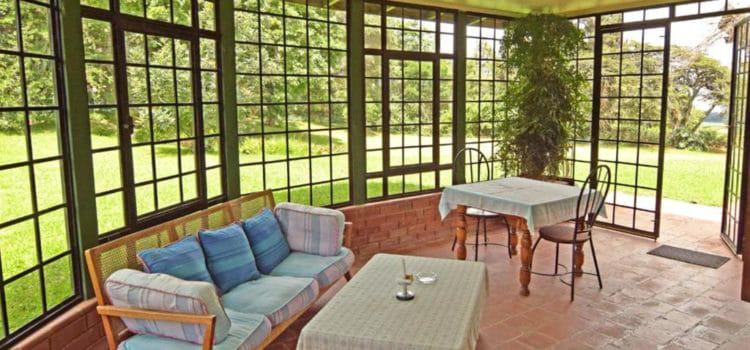
Day 11
(Adventure – hike & sleep out in the forest/ Education – conserving our forests)
This day, you will drive to Mt Kiplombey. You will hike over Mt Kiplombey (a mountain on the western side of the rift valley) that used to be covered in forest and streams but due to a massive population explosion etc., it had disappeared …. A great way to teach people why you need to ‘conserve’. That night you will sleep in the pine forest, very beautiful and the buffer for the ‘real’ Mau Forest.
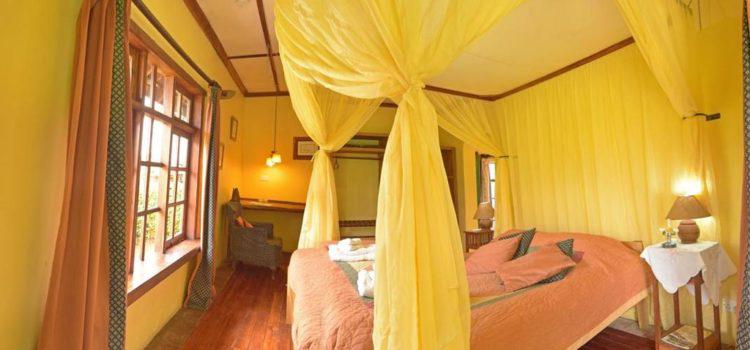
Day 12
(Adventure – hike & sleep out in hanging tree beds/ Education & conservation – natural forests, survival skills and forest tribes)
This morning we head out into the ‘real’ forest, sleeping up in the trees (in hanging tree beds) and learning more about the pure, natural forest, forest protection & community use of the forest, learn about survival and living off the land…. Also learn about honey hunting and the very little known forest tribes i.e. the Okiek.
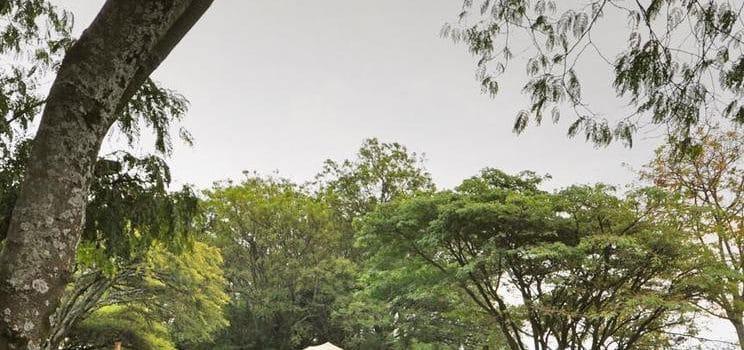
Day 13
(Cultural – rural lifestyles and Kenana Knitters)
Return on foot to Kembu for the last night. Feeling exhausted by now, enjoy a relaxing hot bath and another lovely night in the green grasslands. At Kembu you will have chance to experience rural lifestyle and learn about the successful woman’s group/ community project called Kenana Knitters. This excursion will be planned according to the groups arrival time etc. following their hike back. Dinner will be traditional Nyama Choma and Ugali.

Day 14
After an early breakfast, depart by road to Nairobi (5 hours’ scenic drive). On arrival in Nairobi, proceed for lunch that has been arranged at Dari Restaurant (20 mins) where you will be able to sample their tasty Kenyan cuisine while wildlife wonder around. This will be followed by a wonderful visit to the David Sheldrick Wildlife Trust for a private visit of the orphaned elephants from 15H00 – 16H00. You will then go and visit the Giraffe Centre (20 mins drive), where the students can feed the giraffe and learn about these mighty creatures. After this day packed full of amazing experiences and a farewell dinner in Nairobi, you will head back to Jomo Kenyatta International Airport for your outbound late night flight. Safe travels!
http://www.darirestaurant.com/#!restaurant/crrl
David Sheldrick Elephant Orphanage
Born from one family’s passion for Kenya and its wilderness, the David Sheldrick Wildlife Trust is today the most successful orphan-elephant rescue and rehabilitation program in the world and one of the pioneering conservation organisations for wildlife and habitat protection in East Africa.
https://www.sheldrickwildlifetrust.org/html/about_daphne_sheldrick.html?gclid=CO3y1eGv_c0CFUqeGwodMmcPBA
The Giraffe Centre
The Giraffe Centre is a non-profit organization whose main objective is to provide conservation education for school children and the youth of Kenya. The Giraffe Centre derives 90% of its funds from the entrance fee collected and from the sales in the gift shop and teahouse. Therefore, by visiting and/or making a purchase you have contributed towards conservation education to the Kenyan youth.
Included / Not Included
Included
Accommodation as per schedule
Meals as indicated
Game Park Fees
Activities as indicated
Services of guide with vehicle, fuel & taxes
Not Included
Visas – Kenya single entry
Meals not indicated
Activities not Indicated
Drinks, Gratuities, Personal Spending

